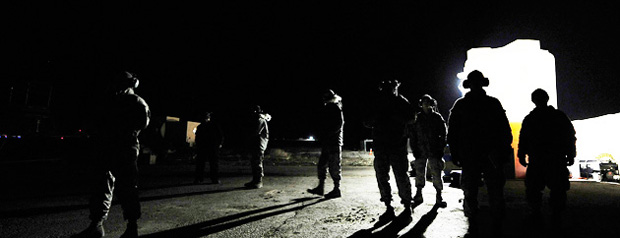 The past few months have seen major scandals in defence procurement involving The Colombian Defence Ministry, AgustaWestland and the UK government, Rolls-Royce and Hindustan Aeronautics Ltd, and Kongsberg Gruppen. The ghosts of corruption past are coming back to haunt these institutions.
The past few months have seen major scandals in defence procurement involving The Colombian Defence Ministry, AgustaWestland and the UK government, Rolls-Royce and Hindustan Aeronautics Ltd, and Kongsberg Gruppen. The ghosts of corruption past are coming back to haunt these institutions.
We’ve also seen major new contracts announced: BAE Systems and Saudi Arabia have agreed on a deal for Eurofighter jets, negotiated by the UK government. France has agreed to sell weapons to Lebanon, with Saudi financing. Rheinmetall is selling US$128 million worth of air defence units to an anonymous country in North Africa. Canada is selling arms to Saudi Arabia. Iran is – controversially – allegedly selling arms to Iraq. Saab has made a deal with Brazil. Egypt and Russia are negotiating a US$2 billion deal.
Are these deals budding corruption scandals waiting to emerge? They all have one thing in common, and it’s not just that they involve expensive arms and national defence issues: we don’t know much about them, but we should.
That’s why we have launched a new campaign and petition to stop secret contracts that allow corruption, fraud, and abuse to thrive.
Some people might say “that’s good for most sectors, but the defence sector involves sensitive strategic information, and that needs to be secret to keep the country safe”. This may be true under limited circumstances – when there are technical details that provide a key strategic advantage, for example.
Unfortunately, far too often, blanket secrecy is the norm. It shouldn’t be. Defence procurement is rife with corruption risks – and it is possible to have a better balance between security and transparency to reduce those risks.
There are not many reasons for secrecy and the principles of Open Contracting should apply to the defence sector. The majority of purchases don’t involve highly sensitive, strategic information. Too often blanket secrecy allows contracts for things like pots and boots to be secret, preventing oversight and making the risk of overpayment very high.
It comes from your pockets
Take the recent case in the US Navy, where a navy commander and a senior agent for the Naval Criminal Investigative Service were arrested for corruption charges in a deal with Glenn Defense Marine, an Asian defence contractor. The corruption scheme involved overbilling on an enormous scale – and kickbacks in the form of prostitutes, luxury hotel rooms, and tickets to a Lady Gaga concert. But the deals in which this corruption occurred included services like general pier-side services, tugboats, and sewage disposal – things that have no business staying out of the public eye.
It is also usually possible to maintain secrecy over a small percentage of information, but make the majority of contract information public.
We must not forget that defence purchases – like with other sectors – come out of our pockets, through taxes and state resources. The argument that contracts need to be kept secret to protect us is nearly always a false assertion.
The military essentially buys things to ensure that the state has the material and equipment it needs to defend its citizens. Let’s flip the “defence needs secrecy” argument around: the more citizens’ lives are affected by a purchase, the greater our right is to know what is being bought – and at what price – to protect us.
Sign the petition here to demand an end to secret contracting in the defence sector.
Carousel image: Creative commons, Flickr/ Parker Gyokeres















 Connect with us on Facebook
Connect with us on Facebook Follow us on Twitter
Follow us on Twitter